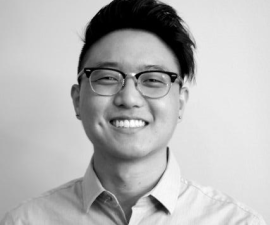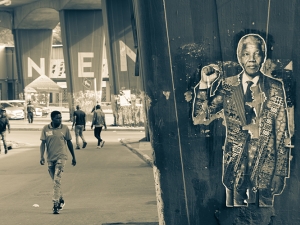

Research Bio
Andrew Wooyoung Kim is a biological anthropologist interested in the lifecourse and intergenerational health consequences of historical trauma and the contributions of such knowledge to movements for transitional justice and collective healing. Dr. Kim’s current research traces the biological mechanisms (e.g. genetics & epigenetics, HPA axis function, inflammation, vascular function) underlying the intergenerational effects of psychosocial stress and political violence from apartheid, as well as processes of reversibility and healing, in Soweto and Johannesburg, South Africa. His work explores these questions in collaboration with a 30-year project called “Birth to Thirty,” a birth cohort study based in Soweto & Johannesburg, South Africa that enrolled over 3000 pregnant women during the dissolution of the apartheid regime and has since documented the lives of these families across multiple generations.
His second project, through a collaboration with the Department of Psychiatry at the University of the Witwatersrand and the South African Depression and Anxiety Group, examines the politics and experiences of the COVID-19 pandemic in community settings and tertiary psychiatric hospitals in metropolitan Johannesburg. This project combines over two years of ethnographic and epidemiological research to examine population mental health trends, the lived experience of psychiatric patients and healthcare workers, and solutions for improving public mental healthcare systems. His newest work characterizes the psychiatric sequelae of acute COVID-19 infection and “long COVID” among adults in Johannesburg.
Dr. Kim’s research is supported by the National Science Foundation, the National Institutes of Health, the Social Science Research Council, and the Wenner-Gren Foundation.
Research Expertise and Interest
intergenerational trauma, culture and mental health, psychiatric epidemiology, stress physiology, epigenetics, developmental origins of health and disease, biocultural anthropology, racial justice, critical and decolonial approaches to biological anthropology

